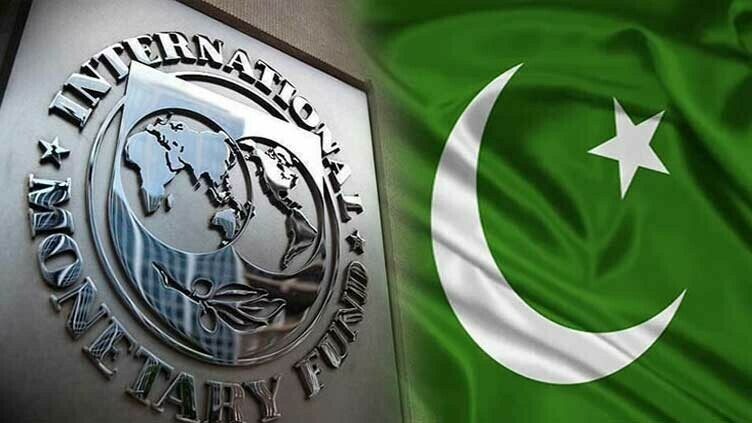Pakistan, presently grappling with serious crisis, has sealed a staff-level agreement with the International Monetary Fund (IMF) for $3 billion (£2.4 billion) of funding.
The agreement, subject to approval by the global lender’s board, has been reached after an eight-month delay.
Pakistan, since its independence from Britain in 1947, has been faced with its harshest economic crisis. In a bid to secure the deal, the country’s central bank implemented a record-breaking interest rate hike, setting it at 22% on Monday.
The already-struggling Pakistani economy, burdened by years of financial mismanagement, has been pushed to the edge due to the compounding effects of a global energy crisis and the devastating floods that ravaged the country last year.
‘The economy has faced several external shocks such as the catastrophic floods in 2022 that impacted the lives of millions of Pakistanis and an international commodity price spike in the wake of Russia’s war in Ukraine,’ IMF’s mission chief for Pakistan, Nathan Porter, stated.
‘As a result of these shocks as well as some policy missteps… economic growth has stalled,’ he furthered.
Once an agreement is reached at the staff level, it is customary for the IMF’s Executive Board to grant the deal. The board is expected to examine the agreement in the upcoming weeks.
Read also: Pakistan Floods: Damages Worth Over $10bn – Minister
‘This deal gives Pakistan the economic breathing room that it so badly needs,’ Michael Kugelman, a representative from the US-based Wilson Center think tank, commented.
‘The question is if it can use this IMF deal as an opportunity to pivot from immediate relief to a long-term recovery,’ he added.
A statement from Katrina Ell, a senior economist at Moody’s Analytics, read: ‘High inflation coupled with limited foreign reserves and lacking macroeconomic stability take time and sustained fiscal discipline to overcome.’
Pakistan experienced a sharp increase in its annual inflation rate in May, reaching nearly 38%—a record high. The approved funding of $3 billion, higher than anticipated, will be disbursed over a nine-month period.
The expiration of the $6.5 billion bailout package, agreed upon in 2019, on Friday has left Pakistan awaiting the release of the remaining $2.5 billion. With a population exceeding 230 million, the nation has been grappling with long-standing challenges in its quest to stabilize the economy.
The Pakistani foreign exchange reserves diminished this year, falling to a level that offered less than three weeks’ worth of import coverage, raising concerns. Additionally, the country’s financial markets were impacted by violent clashes between supporters of former prime minister Imran Khan and the police.
In a controversial move, Mr. Khan was arrested on corruption charges in May, but the country’s Supreme Court has now ruled the arrest illegal. The Pakistan rupee has undergone a substantial devaluation against the US dollar, plummeting by approximately 40% over the course of the past year.










